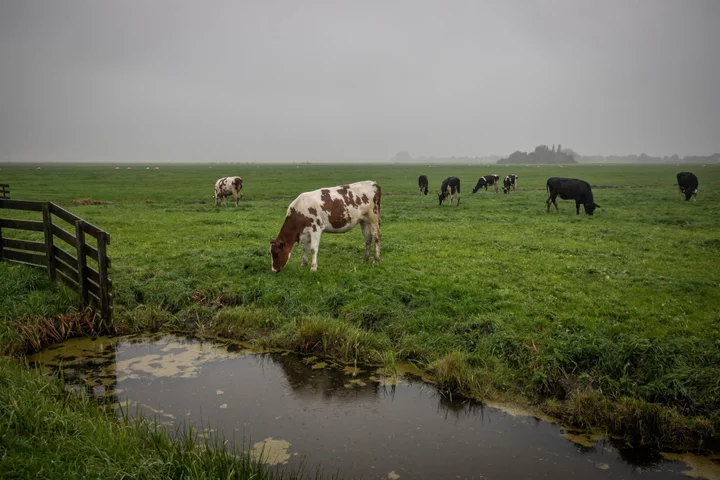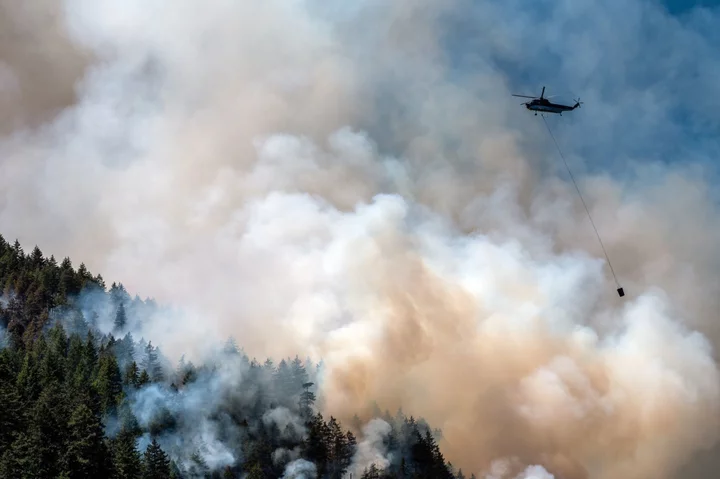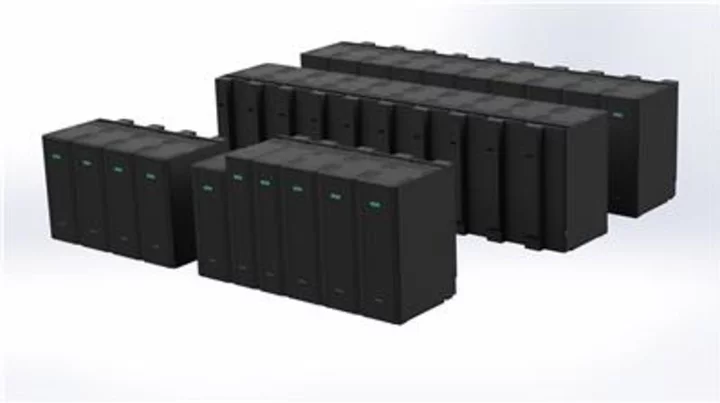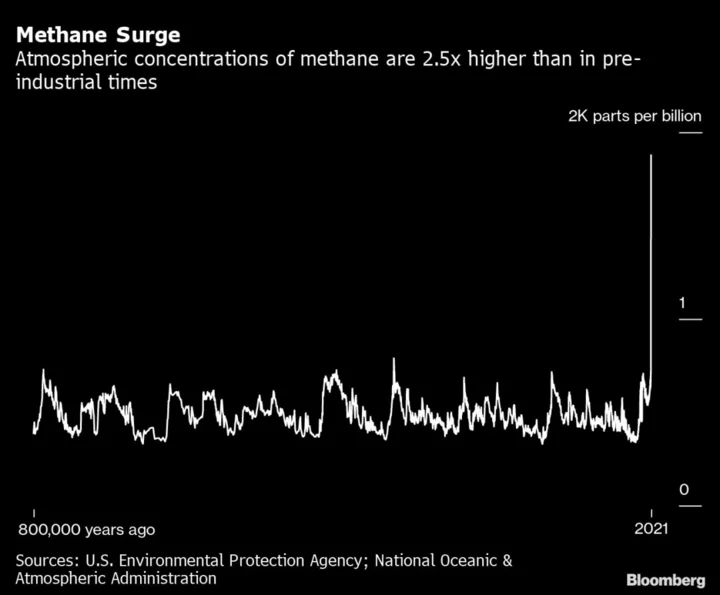New Zealand has pushed back the start of taxes on agricultural greenhouse gas emissions to give farmers more time to adjust to the requirements.
Emissions pricing will now start in the fourth quarter of 2025, rather than the first quarter, Agriculture Minister Damien O’Connor said Friday in Wellington. Mandatory reporting of farm-level emissions will start in the final quarter of 2024, he said.
“The government has listened and is being flexible in taking a balanced approach,” he said. “Our decisions accommodate the key issues raised by the partners on timelines.”
New Zealand farmers have protested over the requirement to start paying a regulated price for their methane, carbon dioxide and nitrous oxide emissions, saying the cost would force many from their land, reducing the nation’s exports and hurting rural communities. The government has wanted to work with the sector and allow proposals to tax emissions at the farm level rather than including them in the emissions trading scheme.
“In my meetings with sector leaders, they have reiterated their commitment to taking a collaborative approach on agricultural emissions,” O’Connor said. “Our plan is one that supports farmers’ transition, helps secure their future export growth, and works alongside our other climate policies to continue reducing our emissions.”
The government will change the existing law that would require farmers to register in the ETS and monitor emissions from Jan. 1, 2024.
The government will also recognize carbon sequestration from on-farm planting so it can be used as an offset to emission levies. It will put scientifically validated forms of the sequestration into the emissions trading system, allowing them to generate credits.
“This will provide a pathway for methods such as indigenous vegetation or riparian plantings to be recognized, and research is already happening in this space,” O’Connor said.









